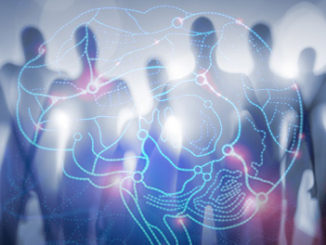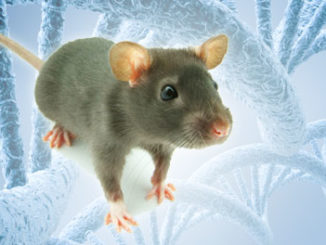Binge Drinking Can Lead to Harmful Epigenetic Changes
Recent research at the University of Missouri School of Medicine sheds some light on the epigenetic changes to proteins that occur as a result of . Their results could help progress treatments for liver diseases linked to alcohol consumption. The lead author of the study and Margaret Proctor Mulligan Professor at the MU School of Medicine, Shivendra Shukla, PhD, says that “we know that chronic alcohol use is damaging to the liver, but binge drinking amplifies that damage.” Chronic liver [more…]





